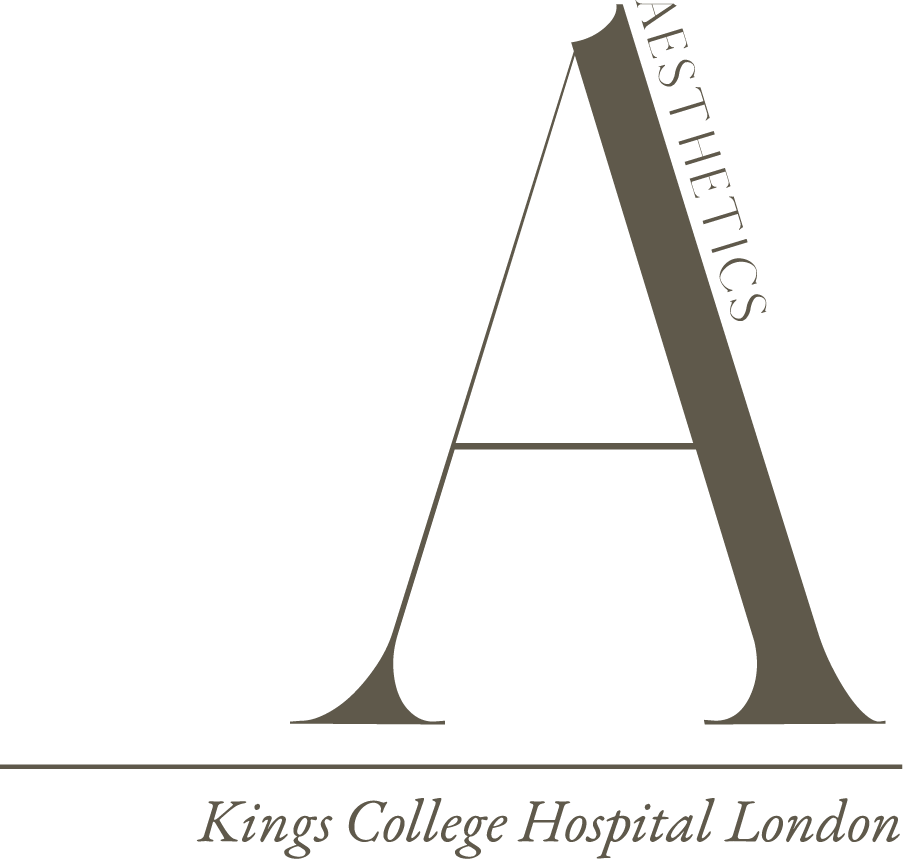Anal Skin
Tags Removal
Overview
Anal Skin Tags Removal in Dubai
Anal skin tags can give rise to major discomfort in your day-to-day life and self-consciousness for many individuals. These small benign skin growths around the anal area are typically harmless, but they can interfere with daily hygiene and lead to irritation or embarrassment. Thankfully, advanced medical techniques now offer quick, effective, and virtually painless solutions for anal skin tags removal.
At Aesthetics By Kings, we specialize in providing discreet and compassionate care for anal skin tag removal in Dubai. Using state-of-the-art methods tailored to your needs, our expert team ensures a seamless treatment experience that prioritizes your comfort and well-being. Reclaim your confidence with a treatment plan designed to leave you feeling refreshed and worry-free.

What are
Anal Skin Tags?
An anal skin tag is a small, non-cancerous growth of extra skin that develops around the anus. While typically harmless and rarely causing pain, anal skin tags can lead to discomfort or itching in some cases. Due to their location, these tags can be difficult to spot and are often discovered during personal hygiene routines, such as showering or using the bathroom.
If the skin tags remain painless, they are generally not a cause for concern. However, if they become irritating or uncomfortable, surgical removal is an effective option to address the issue.
What causes
Anal Skin Tags?
Anal skin tags develop due to excess skin growth, often triggered by friction, irritation, or trauma to the anal area.
Common causes include:
- Chronic constipation or diarrhea
- Pregnancy and childbirth
- Hemorrhoids (swollen veins around the anus)
- Poor hygiene or frequent wiping
- Tight or restrictive clothing
Anal Skin Tags vs. Hemorrhoids:
How to tell the difference?
While anal skin tags and hemorrhoids can occur together, they are different conditions. Hemorrhoids are swollen blood vessels that may bleed, itch, or cause pain, while skin tags are soft, fleshy growths that are usually painless. Unlike hemorrhoids, skin tags do not cause bleeding or inflammation unless irritated.
Anal Skin Tags vs. Warts: How to tell the difference?
Anal warts are a result of the human papillomavirus (HPV) and are often rough, bumpy, or cauliflower-shaped. In contrast, anal skin tags are smooth, soft, and non-infectious. Our medical expert can confirm the diagnosis through visual inspection and further tests if needed.
How are Anal Skin Tags diagnosed?
Diagnosis of anal skin tags typically involves a physical examination by a doctor. Our doctor may also perform additional tests to rule out other conditions, such as warts, hemorrhoids, or anal fissures.
How are Anal Skin Tags removed: The Procedure
Anal skin tags removal procedure is performed in a clinical setting. Common methods include:
- Cryotherapy: Freezing the tag with liquid nitrogen.
- Excision: Surgically removing the tag under local anaesthesia.
- Electrosurgery: Using electrical current to cut and cauterize the tag.
These minimally invasive techniques ensure a quick recovery, and most procedures are completed in under an hour.
Safe and Effective
Anal Skin Tags Removal in Dubai
at Aesthetics By Kings
At Aesthetics By Kings, we offer expert anal skin tag removal using advanced methods tailored to your needs. Our experienced team ensures a comfortable and confidential experience, helping you achieve optimal hygiene and confidence.
Take the first step toward a healthier, worry-free you—book a consultation today!
Meet Our Expert
Dr Kubra Altintas
Functional And Aesthetic Gynaecologist

FAQs
Anal skin tags are generally benign and do not become cancerous.
No, anal skin tags usually do not go away without medical treatment.
Most removal procedures are minimally invasive and performed under local anesthesia, causing little to no pain.
While the removed tags don’t grow back, new ones can form if the underlying causes, such as friction or hemorrhoids, persist.
If the tags cause discomfort, irritation, or concern, consult our Kings team for diagnosis and treatment options.











